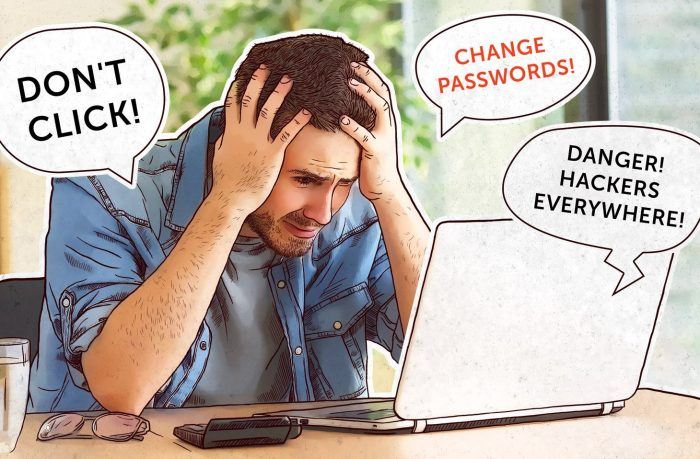
The most notorious instances of commercial spyware
Commercial spyware — what it is, how it infiltrates devices, what it can do once inside, and how to defend against it.
17 articles

Commercial spyware — what it is, how it infiltrates devices, what it can do once inside, and how to defend against it.

We discuss what zero-click attacks are, why they’re dangerous, and how to protect your company from them.

Endpoint protection alone may not be strong enough to support the complex cyberthreats many businesses now face. Here’s how to decide on the solutions you need.

A ransomware attack forced Ireland’s healthcare service to shut down its servers. Here’s what we know so far.

On this episode of the podcast, Dave and Jeff discuss a new damaging attack, China’s proposal for a new Internet, parenting in the digital age, Lego, and more.

On this podcast, Dave and Jeff discuss Windows 7’s end of life, a bug in the Windows CryptoAPI revealed by the NSA, Las Vegas hit with a cyberattack, and more.

A story from RSAC 2019 on how domain fronting is used to disguise communications between an infected machine and a command server.

At RSAC 2019, a SANS Institute instructor talked about how DNS manipulations can be used to hijack a company’s IT infrastructure.

Stress relating to technology and cybersecurity is an escalating issue we can’t escape.

Learn why the true cost of a cyberattack goes far beyond just a loss of data.

Israel’s Electric Authority – an agency in charge of regulating and overseeing the distribution of electricity in Israel – had to mitigate what officials there called a “severe cyber attack.”

The Hyatt hotel chain has revealed recently that 250 of 627 of its properties worldwide were infected with money-stealing malware.

A large-scale “pharming” campaign targeting home routers took place in South America, the latest in a trend Kaspersky Lab’s experts have been monitoring for awhile. Home routers are frequently used

Disgruntled ex-employees don’t need to have special hacking skills to inflict severe damage on the company infrastructure. Cynthia James reviews a number of scenarios, and ways to prevent attacks of this kind.

1 in 8 people don’t believe that cyberthreats are real. The threat may go away if you turn your back to it in a dream, but that won’t work in reality.
There is a lot of talk these days about cybercriminals growing shrewder. They are less interested in getting notoriety for crashing a number of websites or launching large-scale mail worm